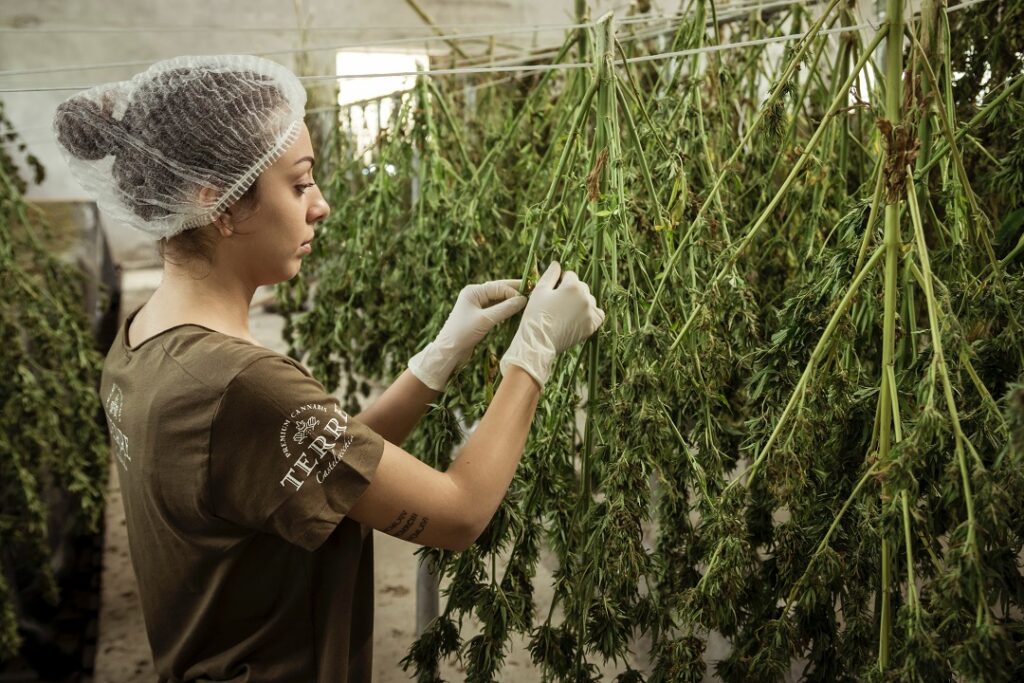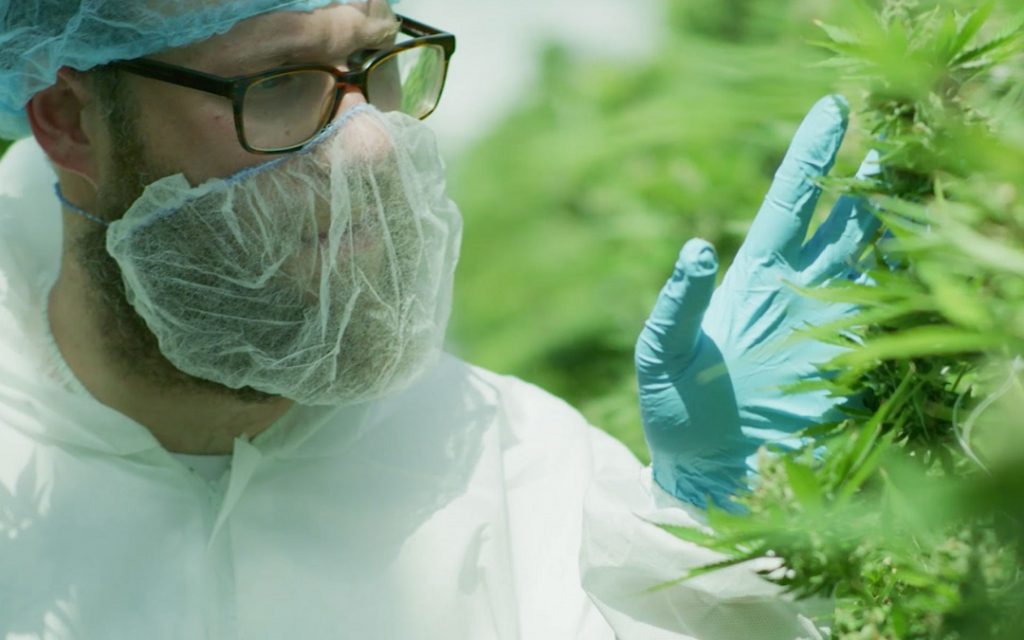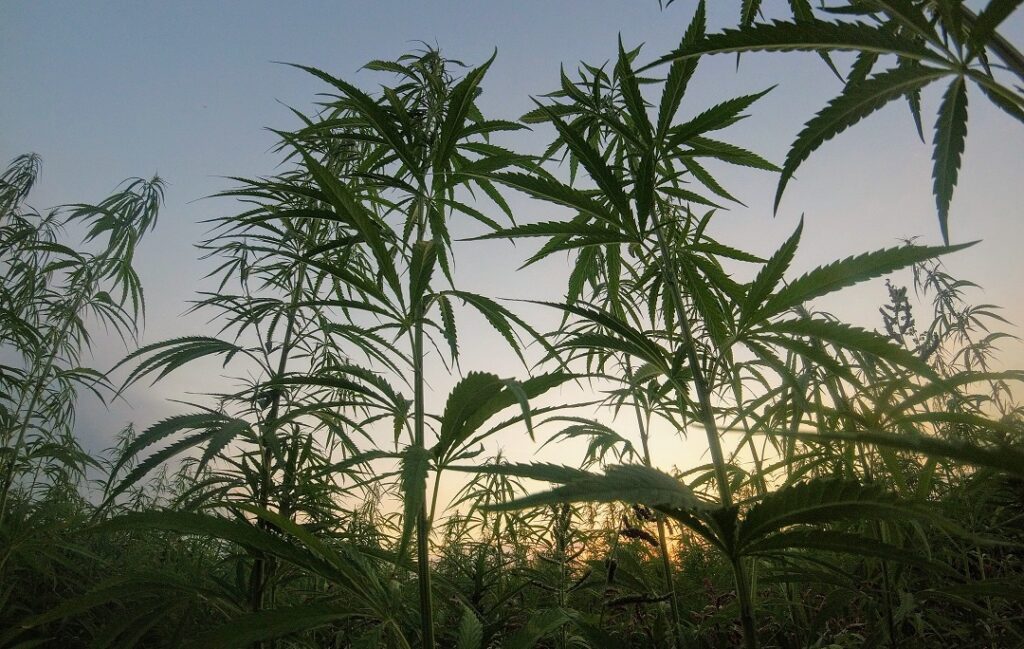At this point, all the new German coalition government has said is that it would allow “the controlled sale of cannabis to adults for recreational purposes in licensed shops,” an announcement that has brought the cannabis market to new heights and raised serious concerns among other European countries.
The proposal to establish a regulated market for adult sale and consumption of marijuana and to promote a broader drug policy — including regulated and taxed dispensaries, quality controls and effective youth protection laws — was featured in the deals agreed among the German coalition parties negotiated in strict secrecy after September elections.
A game-changing move
The center-left government led by Olaf Scholz, a Social Democrat who replaced the longtime center-right chancellor Angela Merkel, works in coalition with the progressive Greens and the pro-business Free Democrats.
Former Chancellor Merkel’s Christian Democrat party had blocked the proposal for years.
Although no timetable has been set for the introduction of legislation, “the plan could still turn out to be a game-changing precedent for the global business of growing and selling marijuana, one that will be closely watched by other countries toying with liberalising their drug laws,” reported the Financial Times.
While not illegal to consume cannabis under current German law, purchasing the drug is outlawed. A contradictory position as in other European countries including the Netherlands, Portugal, and Spain, where possession of small amounts of cannabis can still be a civil infraction at the same time that it’s available in “tolerated” coffee shops or cannabis social clubs.
Biggest in the world
The plan, which would open a significant market for growers and dealers, includes a reevaluation of the new law and its repercussions after four years. Germany would be the largest nation in the world to legalize cannabis after Uruguay, Canada, Malta and 18 states in the Unites States.
Decriminalisation, according to the Financial Times “could deliver a net benefit to the state of €4.7 billion a year, including €2.8 billion in tax revenues and €1.36 billion in savings on police and legal costs, according to a recent study by Heinrich Heine University Düsseldorf.”
In the hands of nonprofits
A new government organization called the Authority on the Responsible Use of Cannabis will be in charge of the regulation that, among other rules, establishes that marijuana outlets be situated more than 250 meters from schools or youth centers and is managed by nonprofit groups that will be allowed to grow the plant.
Their members can buy up to seven grams a day, up to a maximum of 50 grams a month. It is still prohibited to consume cannabis in public, with higher fines for violations when minors are present and fines from €50 to €100 for people carrying between seven and 28 grams.
The German and Maltese decisions are likely to be followed by other members of the Union. A referendum in Italy obtained the necessary number of signatures while Switzerland, Luxembourg and the Netherlands are discussing the introduction of new drug regulations that move toward legalization.





